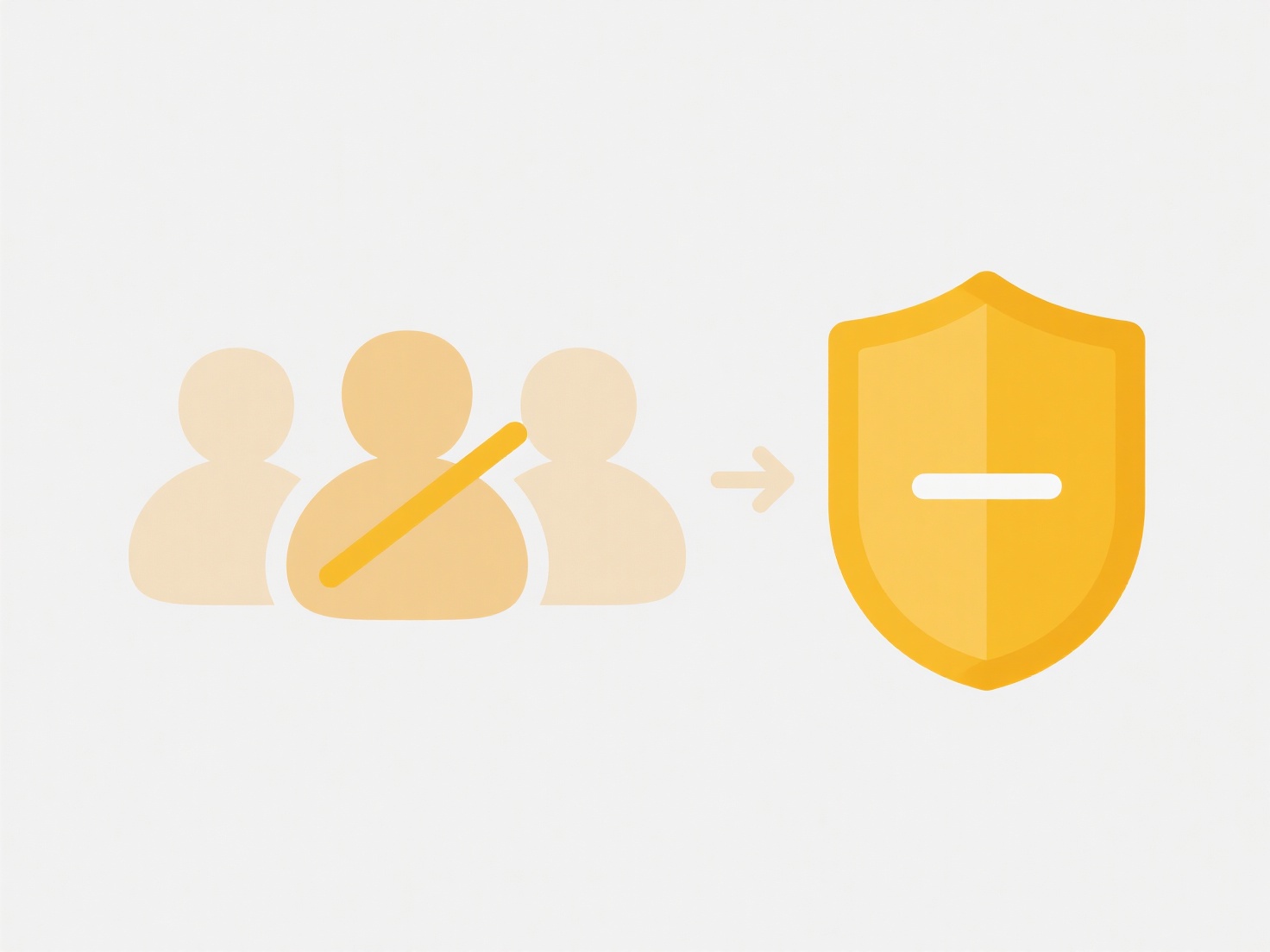
Restricting duplicate uploads prevents users from submitting identical files or data entries through a form or application. This is typically enforced by comparing new submissions against previously accepted entries, using techniques like file hashing (generating a unique digital fingerprint) or database checks for matching information. It differs from basic validation by proactively blocking duplicates instead of merely warning about them.

For example, a document upload portal might use file hashing to block the same contract version from being uploaded twice. A customer relationship management app could prevent duplicate client profiles by checking for matching email addresses or phone numbers during form submission. Industries like healthcare or finance, where data integrity is critical, heavily utilize this feature.
Key advantages include enhanced data quality and reduced storage clutter. However, limitations may include processing overhead for large files and potential false positives if minor variations exist. Ethically, implementers must transparently inform users and avoid storing sensitive file content solely for comparison. Future improvements may include smarter similarity detection beyond exact matches.
Can I restrict duplicate uploads in a form or app?
Restricting duplicate uploads prevents users from submitting identical files or data entries through a form or application. This is typically enforced by comparing new submissions against previously accepted entries, using techniques like file hashing (generating a unique digital fingerprint) or database checks for matching information. It differs from basic validation by proactively blocking duplicates instead of merely warning about them.

For example, a document upload portal might use file hashing to block the same contract version from being uploaded twice. A customer relationship management app could prevent duplicate client profiles by checking for matching email addresses or phone numbers during form submission. Industries like healthcare or finance, where data integrity is critical, heavily utilize this feature.
Key advantages include enhanced data quality and reduced storage clutter. However, limitations may include processing overhead for large files and potential false positives if minor variations exist. Ethically, implementers must transparently inform users and avoid storing sensitive file content solely for comparison. Future improvements may include smarter similarity detection beyond exact matches.
Quick Article Links
Why can’t I save files in some folders?
Some folders restrict file saving due to operating system permissions and security policies. These permissions specify w...
What are common OS-specific save errors?
OS-specific save errors are problems preventing file saving due to operating system restrictions or features, differing ...
Can I save directly to the desktop?
Saving directly to the desktop refers to storing a file so that it appears immediately as an icon on the primary visual ...